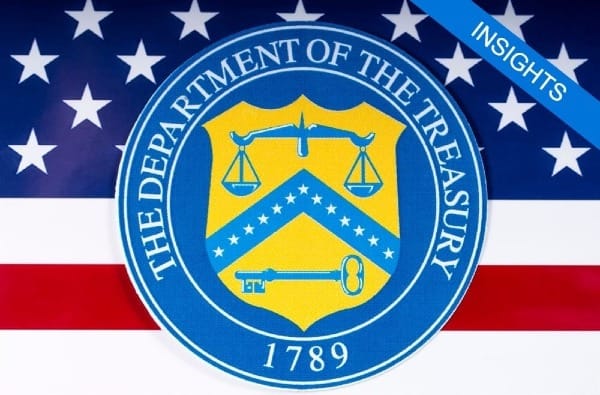OFAC Insights 02 October 2024

What's going on?
The U.S. Department of the Treasury, through its Office of Foreign Assets Control (OFAC), has recently intensified its sanctions efforts targeting various entities posing threats to international security and financial stability. Notable actions include sanctions against networks supplying weapons to the Houthis in Yemen, new measures against Evil Corp, a Russia-based cybercriminal group, and the designation of Hilltop Youth, a violent extremist Israeli settler group in the West Bank. These actions align with OFAC's broader mission to mitigate terrorism financing, cybercrime, and regional destabilization efforts.
Key Changes to Official Sanctions Lists
- Houthi Weapons Procurement and Smuggling Networks:
- Designation of one individual and three companies linked to weapons procurement for the Houthis from Iran and China as per Executive Order (E.O.) 13224.
- Inclusion of a PRC-based logistics firm, Shenzhen Boyu Imports and Exports Co., Limited, for facilitating weapons shipments.
-
Identification of two vessels involved in illicit oil shipments supporting Houthi and Iranian entities.
-
Evil Corp Cybercriminal Group:
- Addition of seven individuals and two entities associated with Evil Corp, sanctioned under E.O. 13694 and expanded collaboration with the UK and Australia.
-
Designation includes members such as Eduard Benderskiy and Viktor Grigoryevich Yakubets, along with entities Vympel-Assistance LLC and Solar-Invest LLC.
-
Hilltop Youth Violent Extremist Settlers:
- Designation of Hilltop Youth under E.O. 14115 for violent acts against Palestinians, contributing to instability in the West Bank.
- Accompanying designations by the U.S. Department of State targeting individuals affiliated with violence in the region.
Insights
- Compliance Challenges:
- Financial institutions must maintain robust due diligence programs to detect and report links to designated entities, especially given the dual-use nature of some components involved in these sanctions.
-
Understanding evolving guidance and industry alerts, such as those related to ransomware payments and activities in the West Bank, is essential in ensuring compliance and reporting.
-
Global Coordination:
- The trilateral action against Evil Corp demonstrates increasing international cooperation in sanctioning cybercriminal activities, highlighting the importance of collaborative strategies in tackling transnational cyber threats.
-
Such cooperation is essential not only for enforcement but also for developing preventive measures against cybercrime.
-
Regional and Political Implications:
- The designation of groups like the Hilltop Youth reflects an increased focus on addressing non-state actors contributing to regional instability. It underscores the U.S.'s commitment to broader geopolitical stability by targeting sources of violence irrespective of political affiliations.
-
Banks operating in regions affected by such designations may face increased scrutiny, requiring them to carefully navigate complex geopolitical landscapes.
-
Role of Secondary Sanctions:
- The possibility of secondary sanctions on entities doing business with designated groups like Evil Corp and Houthi networks emphasizes the need for global businesses to assess their exposure and ties to potentially sanctioned activities.
- Entities must evaluate their networks and third-party relations to mitigate the risk of unwittingly violating U.S. sanctions.
In conclusion, the banking sector must remain vigilant and dynamic in adapting to the multifaceted landscape of global sanctions compliance, which necessitates continuous updates to risk assessment frameworks and expansive network monitoring to stay ahead of potential risks.
